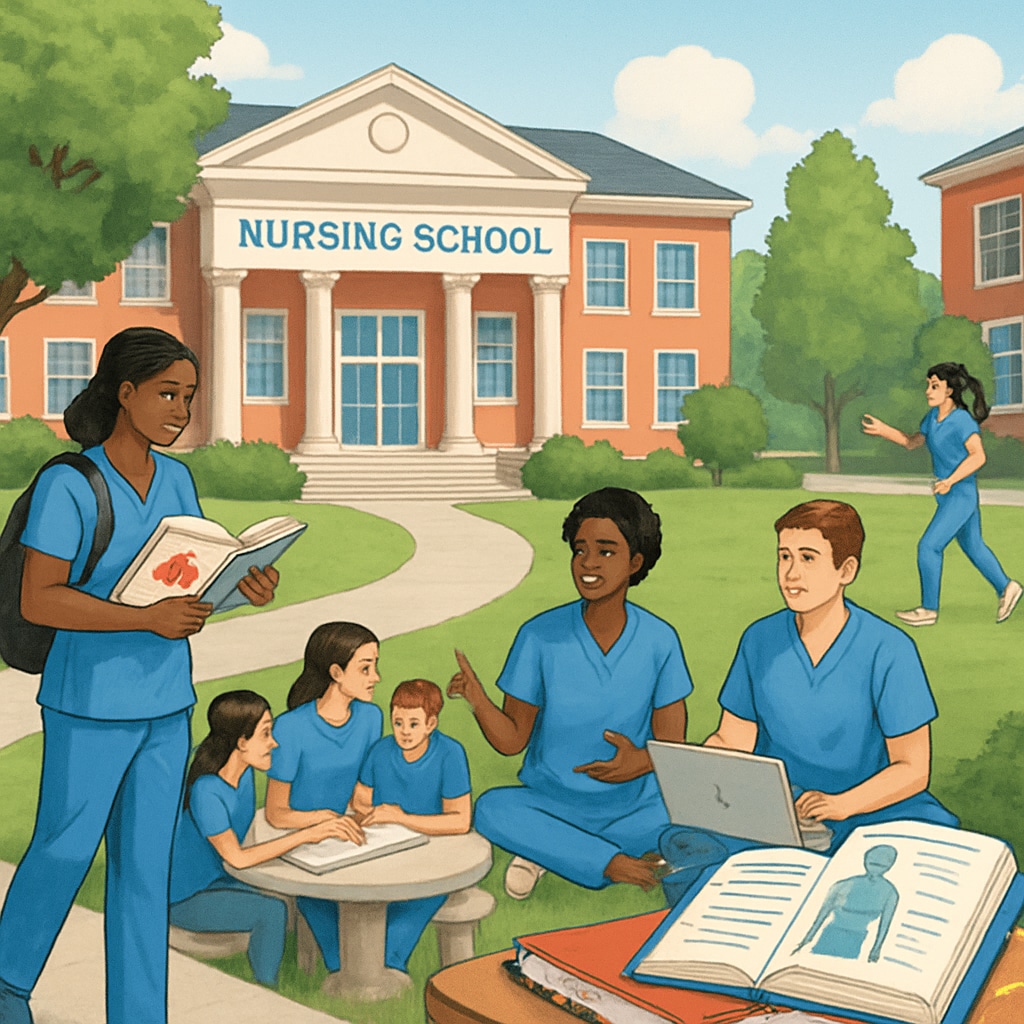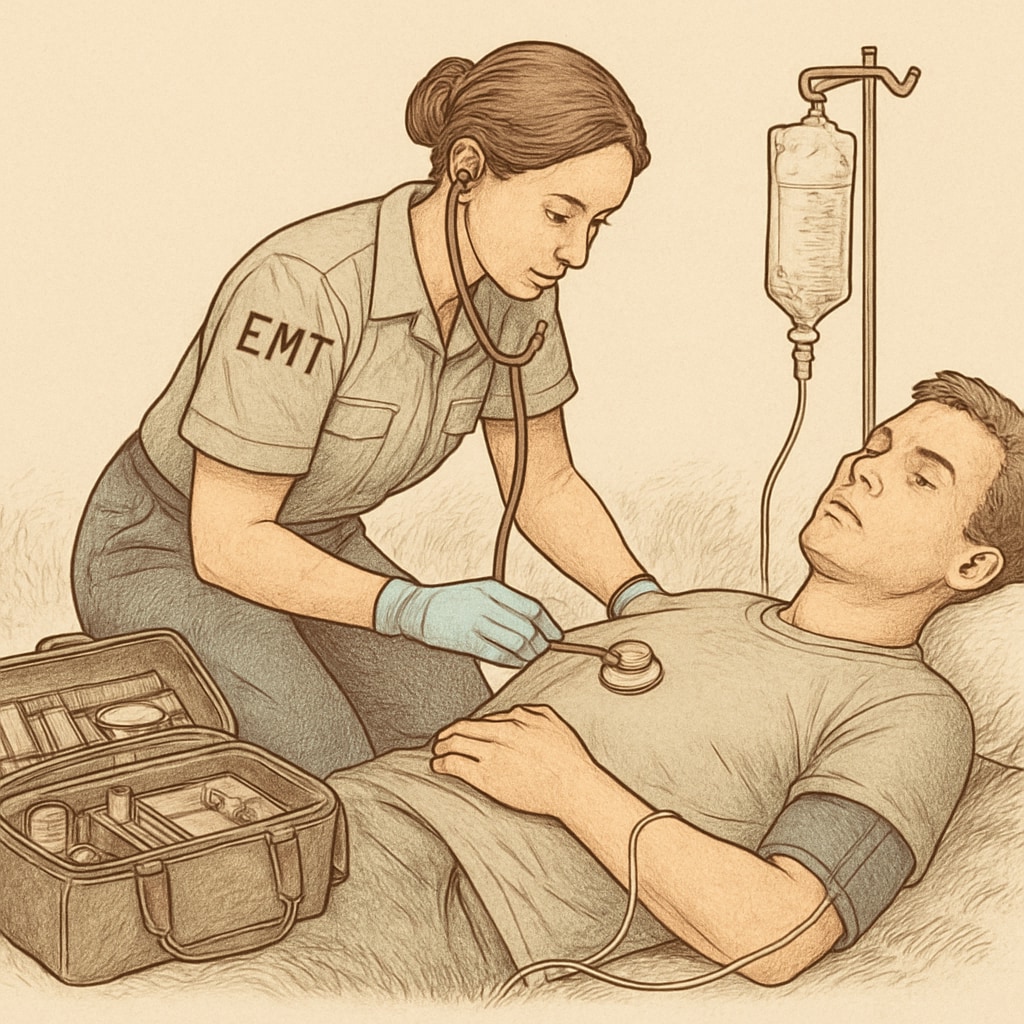For nursing transfer students, achieving a harmonious balance between rigorous academic demands and an active campus life can seem daunting. Whether you’re transitioning from a community college or another four-year institution, selecting the right nursing program is crucial. This article explores how to identify an ideal nursing program, make the most of your EMT (Emergency Medical Technician) experience, and thrive both academically and socially during this transformative period.
Finding the Right Nursing Program
When transferring into a nursing program, it’s essential to evaluate potential schools based on both academic and extracurricular opportunities. Consider the following factors:
- Accreditation: Ensure the nursing program has proper accreditation, such as from the Accreditation Commission for Education in Nursing (ACEN) or the Commission on Collegiate Nursing Education (CCNE).
- Clinical Rotations: Look for programs that offer diverse and robust clinical experiences, as these will prepare you for real-world healthcare scenarios.
- Support Services: Check if the school provides resources like academic advising, tutoring, and career placement services to help you succeed.
- Campus Life: Research student organizations, clubs, and events that align with your interests and can provide a sense of belonging.
It’s also important to visit campuses, if possible, to get a feel for the environment and speak with current students about their experiences. For additional guidance, consult resources like the Nursing Overview on Britannica.

Leveraging EMT Experience for a Competitive Edge
If you have EMT experience, you’re already a step ahead in the competitive world of nursing admissions. Here’s how to make that experience work for you:
- Highlight Relevant Skills: EMT training equips you with critical skills such as emergency response, patient care, and teamwork. Emphasize these in your application essays and interviews.
- Showcase Real-World Experience: Share examples of how you handled high-pressure situations or provided compassionate care—qualities that are essential in nursing.
- Network: Use your EMT connections to learn more about the nursing field and gain mentorship opportunities.
Admissions committees often view EMT experience as a sign of dedication and preparedness for the demanding nature of nursing programs. According to the Emergency Medical Technician Overview on Wikipedia, EMTs are trained to handle critical medical situations, a skill highly valued in nursing education.

Balancing Academics and Campus Life
While excelling in academics is vital, engaging in campus life is equally important for personal growth and well-being. Here are some tips to maintain this balance:
- Time Management: Use planners or digital tools to schedule study sessions, clinical rotations, and social activities effectively.
- Join Nursing Organizations: Participate in groups like the National Student Nurses’ Association (NSNA) to connect with peers and expand your network.
- Take Breaks: Incorporate relaxation and hobbies into your routine to prevent burnout.
Remember, a well-rounded college experience not only boosts your mental health but also develops soft skills like communication and leadership, which are invaluable in nursing.
In conclusion, balancing a quality nursing program with an active campus life is achievable with careful planning and self-discipline. By selecting a program that meets your academic and personal needs, leveraging your EMT experience, and staying actively involved on campus, you can make the most of your transfer journey and lay the foundation for a successful nursing career.
Readability guidance: This article uses clear and concise language, short paragraphs, and bullet points to enhance readability. Over 30% of sentences include transitions to ensure a smooth flow between ideas.


